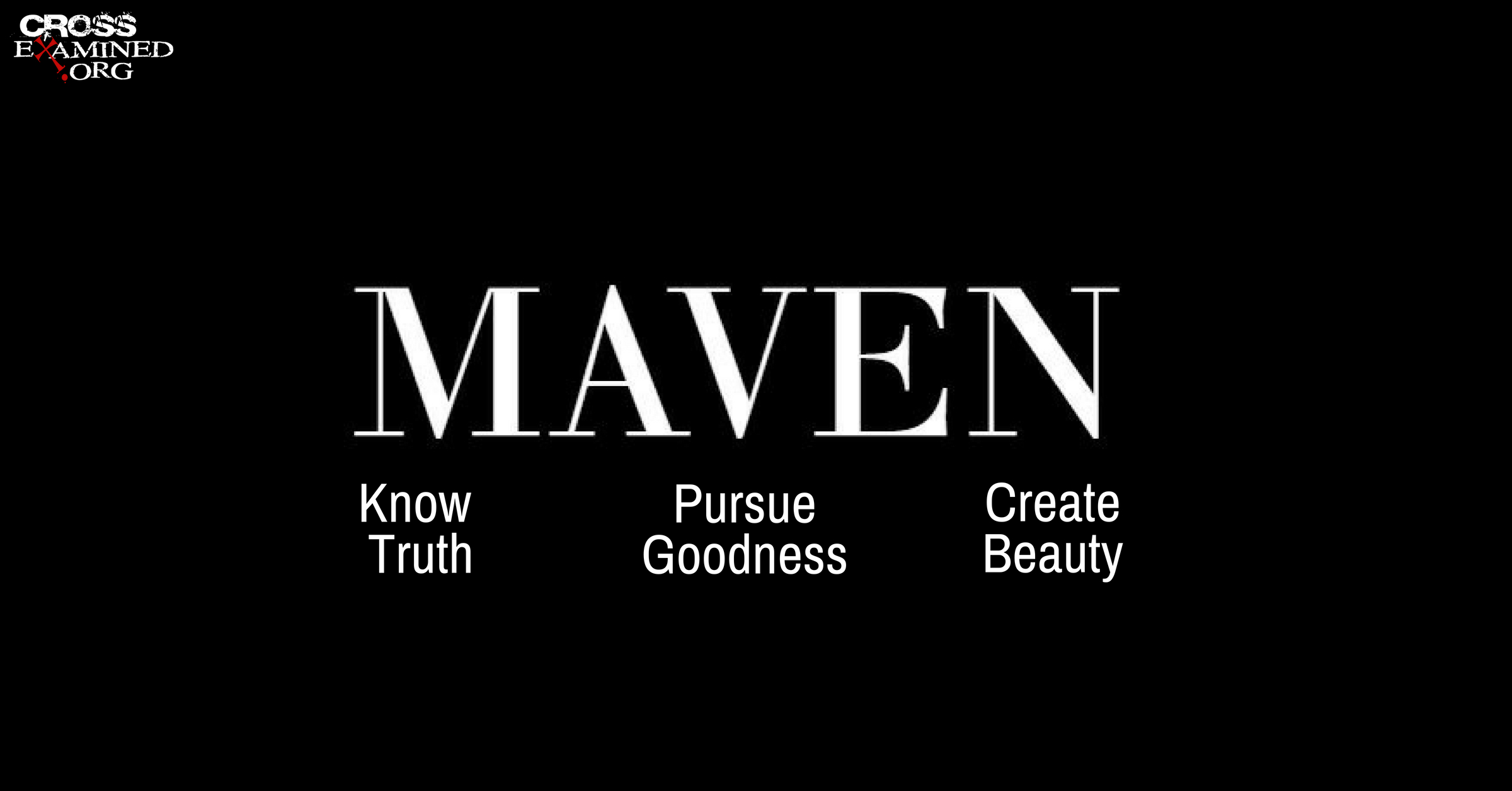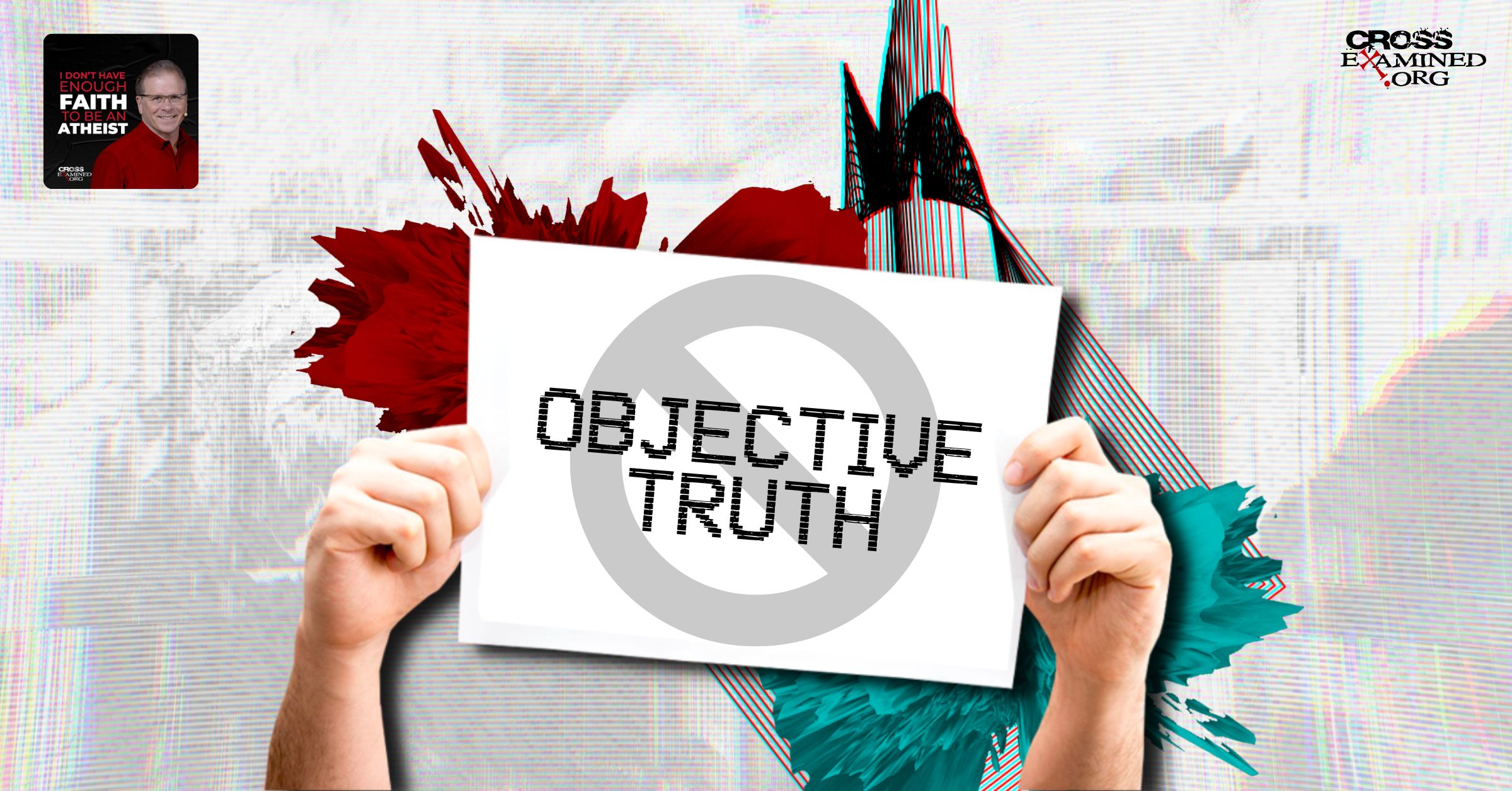Why The Bible Depicts God As Jealous
By Al Serrato
In my last post, I tried to make the case that God neither “needs” nor “demands” our praise. I acknowledged that he does, however, expect it, because praise naturally flows to a perfect being. But, the skeptic may counter, doesn’t the Bible describe God as “jealous?” Don’t the Ten Commandments include prohibitions on having “other gods” as well as threats of punishment for those guilty of “iniquity?” Does this not, in fact, amount to God instructing us to worship him, and explaining how angry he will become if we don’t?
We come back to the question – why would a perfect being demand worship?”
These are good questions, and they deserve an answer. But as we embark upon an answer, it’s worth noting that the questions themselves reveal some presuppositions commonly held by nonbelievers. These preconceived notions must first be teased out and assessed, because they explain, in the final analysis, why such a person cannot make sense of the Biblical model for right relationship with God.
We need to fight the temptation to treat God as if he is our equal. He is not. As the creator of this universe and everything in it, including us, he has the absolute right to do what he wants with his creation. We have no more basis to complain than would a computer animation to the computer programmer, or to use a more ancient example, the pot to the potter. This may be an unpleasant thought, especially for Americans steeped in the traditions of liberty and equality. But equality refers to the relationship between people, not the relationship between God and his creation. A child does not dictate to his parent what fairness is. Nor does the robot tell its human supervisor to take his place on the assembly line. The skeptic’s persistence in thinking that a being capable of thinking this universe into existence somehow must provide a satisfactory answer to him, or justify the way he “did” creation, is leading him to erroneous conclusions.
We also need to bear in mind that God does not experience emotions like humans do. While he is “personal,” and while he inspired the Biblical writers who used emotional imagery, he is not a histrionic drama queen ready to throw tantrums. Selectively quoting Scripture to paint such a picture distorts what the Bible teaches about God’s true nature. Negative emotion, after all, is a characteristic of a limited being that has fears, wants and desires. It is a failing. More precisely, negative emotions like jealousy, lust and greed are perversions of the good. Like evil generally, base emotions are a departure from the standard of goodness that God embodies. A limitless, timeless God doesn’t “hope” for a good outcome, or “fear” that he will not “get the girl” or seethe with “envy” against a rival. He has no needs, lacks nothing, and has no rivals. He is all good. So, why then did God inspire the Biblical authors to make use of emotional language? Probably for the same reason that I would speak one way to adults in a courtroom setting and quite another way if I’m talking to children at a daycare center. The style and content of the conversation is tailored to the needs and capabilities of the audience. Using emotional language to human beings motivated by emotion conveys God’s message much more vibrantly than simply setting forth instructions.
Because God is not emotional in the way that human beings are, the Biblical references to jealousy, like all Biblical texts, must be taken in context. The usual connotation of “jealousy” is quite negative. It conjures up images of a jilted boyfriend stalking his girlfriend as he suspects her of infidelity. But the actual definition is more varied; under the subheading “biblical” the definition includes: “intolerant of unfaithfulness or rivalry.” As I argued in the previous post, God’s self-assessment is accurate. He has every right to expect worship from his creation, because praise and worship are what perfection merit. Equally, he knows the harm it does us when we worship a lie as opposed to the truth. It is, then, an expression of love for him to desire that we return to right relationship with him.
Consider an analogy. A town doctor spends years earning the trust of his patients. One day he learns that an untrained quack has begun tending to his patients, pretending to be him, and doing much harm with his medications and treatments. The doctor loves his patients and wants what is best for them. How, then, should the doctor react? I submit that anger and jealousy – an intolerance of the harmful “rivalry” – would be an appropriate response. So too with God. He loves us enough to warn us against the danger we face when we persist in our rebellion against him. He loves us enough to express anger when we turn away.
In sum, the skeptic wants to claim equality with God and expect God to view things the same way. He does not want to give God the love and respect to which he is entitled, by virtue of having created us and giving us the opportunity to live eternally with him. And he wants God to accept this disrespect as appropriate. But God, by his nature, will also demand the response to which he is entitled. Think of it this way. Why does a judge in an earthly courtroom demand respect? Why does he have a bailiff ready to establish order if a heckler decides to interfere? If a human judge can demand that to which the law entitles him, how much more can the ultimate judge, the creator of all that there is, demand respect from his creation? After all, just as we find on Earth, we are indeed subject to the law of the “governing authority” – the creator of all things – whether we like it or not. And what does proper respect look like? Well, for the judge it means being addressed with a proper tone of voice, proper language and proper behavior. But what about for the ultimate judge? What does a perfect being deserve? Simply this: to be recognized accurately for what he is. And when we do that, we see that worship and praise are the appropriate way of responding to Him.
The point of this excursion has been to show that there is a rational way to reconcile God’s goodness and perfection, on the one hand, with the Biblical references to God’s “jealousy,” anger and expectation of worship, on the other. While on the surface these things may seem inconsistent, on deeper reflection a fuller picture of God begins to emerge. For this, we are indebted not just to the Biblical writers but to the pillars of Christian philosophy, giants such as Augustine, Anselm and Aquinas.
Somehow, though, I doubt the skeptic will accept their views, or these. Until the skeptic begins to alter his assessment of the way things really are, he is likely to go on believing in nothing.
Recommended resources related to the topic:
Stealing From God by Dr. Frank Turek (Book, 10-Part DVD Set, STUDENT Study Guide, TEACHER Study Guide)
What is God Really Like? A View from the Parables by Dr. Frank Turek (DVD, Mp3, and Mp4)
_____________________________________________________________________________________________________________________________________________________
Al Serrato earned his law degree from the University of California at Berkeley in 1985. He began his career as an FBI special agent before becoming a prosecutor in California, where he worked for 33 years. An introduction to CS Lewis’ works sparked his interest in Apologetics, which he has pursued for the past three decades. He got his start writing Apologetics with J. Warner Wallace and Pleaseconvinceme.com.











